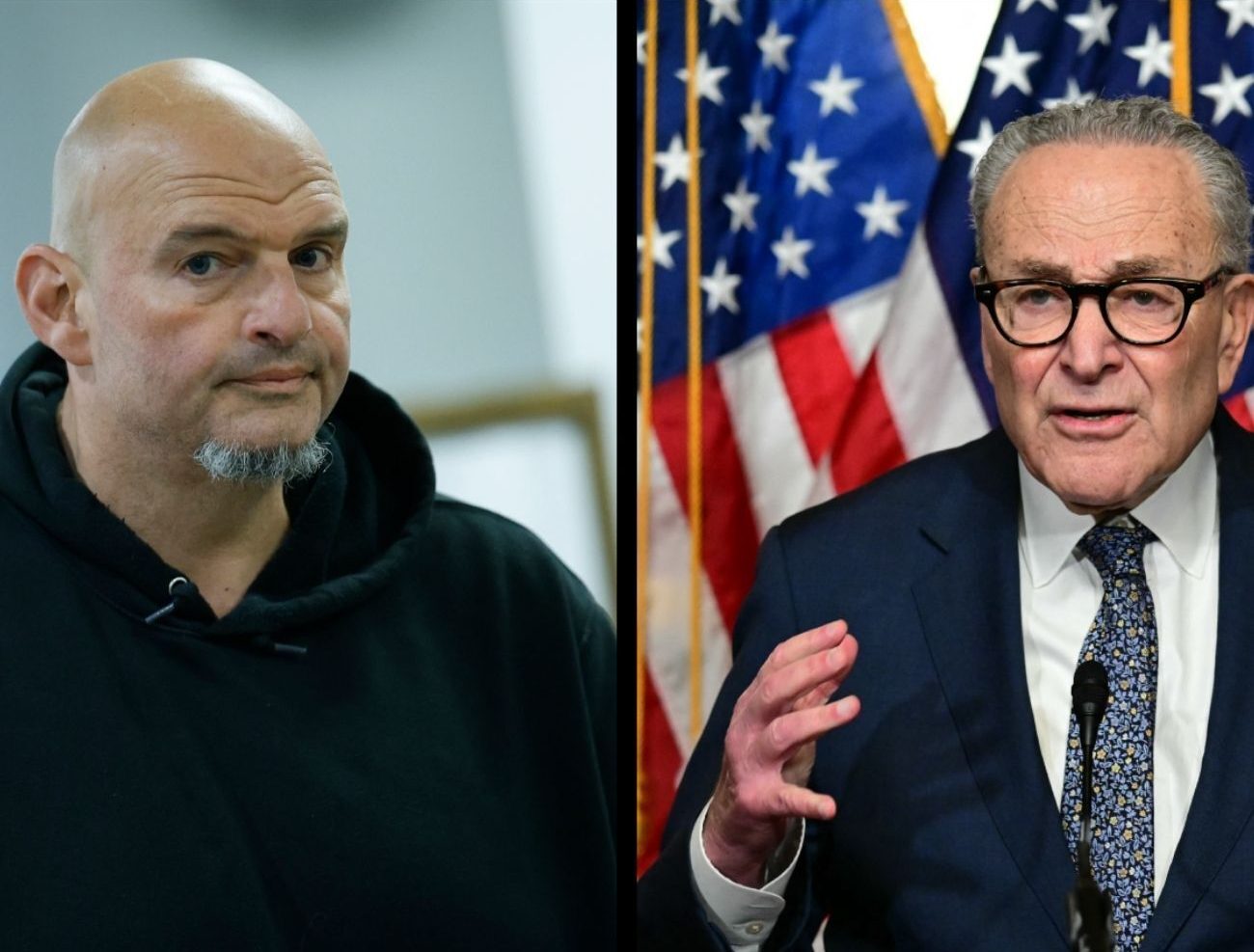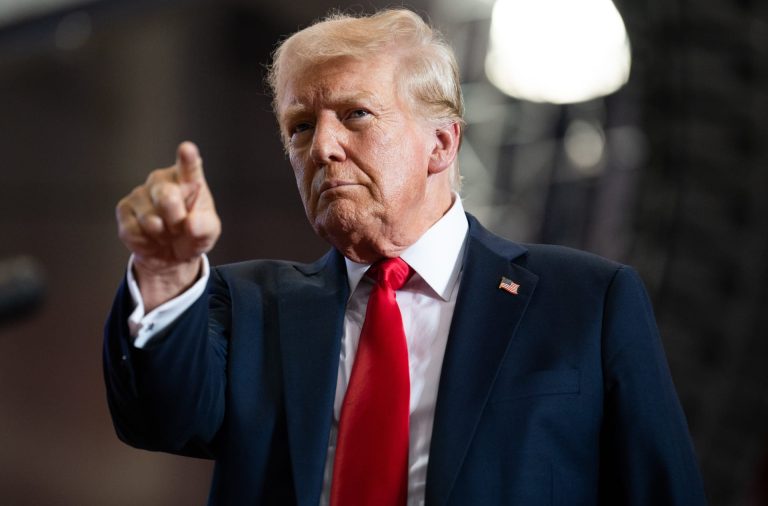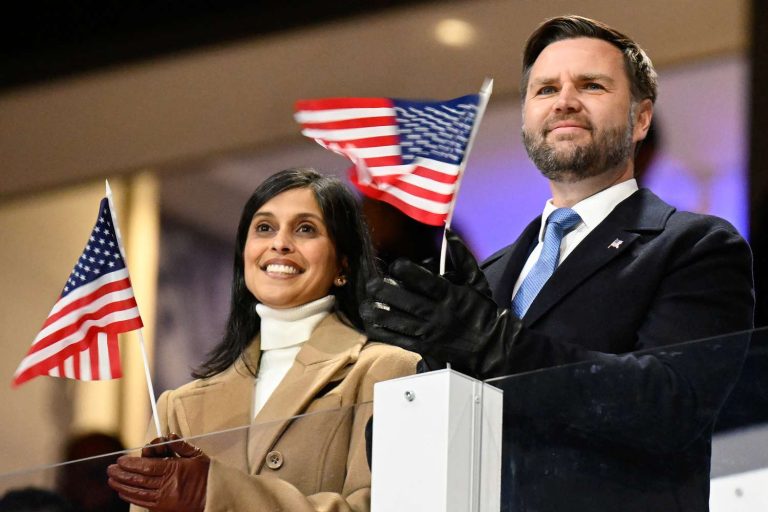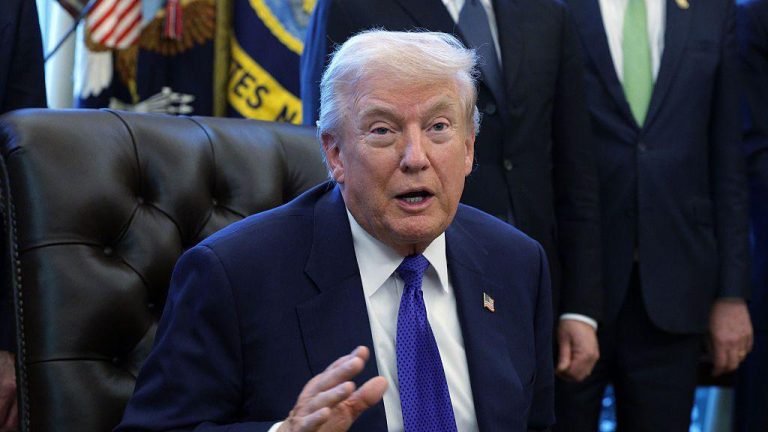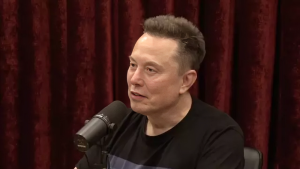WASHINGTON, D.C. — In a rare and blunt moment of honesty, Senator John Fetterman (D-Pa.) apologized on Thursday for his party’s failure to end the ongoing government shutdown, saying Democrats have “failed” working families and federal employees caught in the middle of Washington’s latest standoff.
Speaking with CNN’s Manu Raju, Fetterman expressed deep frustration that millions of Americans are about to lose access to essential food benefits while Congress remains gridlocked.
“I’m apologizing that we can’t even get our s— together and just open up our government,” Fetterman said.
His remarks come as the Schumer-led shutdown enters its fourth week — a political crisis that has already left hundreds of thousands of federal workers without pay and is now threatening to cut off Supplemental Nutrition Assistance Program (SNAP) benefits for more than 42 million Americans beginning November 1.
“An Absolute Failure”
Fetterman didn’t mince words. The Pennsylvania Democrat, who has voted repeatedly to fund the government through a clean continuing resolution, said he’s ashamed that the Senate still hasn’t acted.
“It’s an absolute failure — what occurred here for the last month,” he said. “Imagine being a parent with a couple kids and how you’re going to fill the refrigerator and pack their lunches when the things you depend on are gone because we can’t even agree to open things up.”
He added that he intends to witness the consequences firsthand when he returns home to Pennsylvania this weekend.
“My wife, Giselle, runs a Free Store in our community that distributes food three times a week, and her lines have already gotten longer,” he said. “Now, I’ll encounter people who have no SNAP benefits starting Saturday, and I don’t have an explanation for them.”
The Free Store 15104 project, which his wife founded before he entered the Senate, distributes groceries, diapers, and basic supplies to low-income families in the Pittsburgh area.
Fetterman said the coming week could be one of the most painful yet for those families, calling the government’s inaction “cruel and unnecessary.”
Democrats Under Fire
The shutdown — now approaching 30 days — has increasingly become a political liability for Senate Democrats.
While previous shutdowns often saw Republicans take the brunt of public criticism, recent polling shows that Americans are now blaming Senate Majority Leader Chuck Schumer and his caucus for refusing to pass the House-approved stopgap funding bill that would reopen the government immediately.
Fetterman’s apology marks one of the first public acknowledgments from within his own party that Democrats may be losing the public relations battle.
“If a Democrat — you know, we’re not allowed to just open this up — then our party has bigger problems than I thought,” Fetterman said. “That’s not controversial. Pay everybody.”
He also criticized the financial strain on workers, saying:
“You have our workers here borrowing over a third of a billion dollars to pay their own bills. Like, it’s a failure.”
Schumer Doubles Down, Blames Trump
While Fetterman struck a tone of remorse, his party’s leadership went on the offensive.
Senate Majority Leader Chuck Schumer (D-N.Y.) posted a fiery video on social media Wednesday blaming President Donald Trump for the shutdown and accusing him of creating a “manufactured hunger crisis.”
“Donald Trump is a vindictive and heartless man,” Schumer said. “Never before in American history has a president cut off SNAP during a shutdown, including Trump in his first term. But now he is manufacturing a hunger crisis to bludgeon the American people so he doesn’t have to fix healthcare.”
Critics quickly pointed out that the president cannot singlehandedly control SNAP funding — Congress must pass appropriations bills, and the White House can only sign or veto them.
Republican leaders dismissed Schumer’s comments as “desperate blame-shifting.”
“The Senate has had a clean bill on its desk for weeks,” said one GOP aide. “All Schumer has to do is hold a vote and end the shutdown today. But he won’t — because Democrats are holding the budget hostage over Obamacare subsidies.”
The Policy Divide
At the heart of the stalemate are two competing demands:
-
Democrats, led by Schumer, want to extend Affordable Care Act (Obamacare) subsidies that were originally expanded during the COVID-19 pandemic and are set to expire at the end of the year.
-
Republicans, led by President Trump and House Speaker Mike Johnson, want a “clean continuing resolution” to reopen the government first — and negotiate healthcare policy later.
Democrats have refused, arguing that letting the subsidies lapse could destabilize insurance markets and raise premiums. Republicans counter that Democrats are using the shutdown as leverage to secure a policy win ahead of the 2026 midterms.
In the meantime, millions of Americans are feeling the pain.
Fetterman’s Dilemma
Senator Fetterman has long been known for his blunt, blue-collar style and willingness to break from party orthodoxy — a trait that’s both earned him praise from independents and friction within Democratic circles.
By publicly apologizing and calling the shutdown a “failure,” he’s putting pressure on Schumer and the party’s leadership to find an exit strategy before economic damage deepens.
“All I can say is I’m sorry,” Fetterman repeated. “We have to own this. The American people don’t care whose talking point wins — they just want their government to work.”
His comments drew immediate reaction online. Some praised him for “telling the truth,” while others accused him of undermining party unity.
“Fetterman is saying what every working-class Democrat is thinking,” one user posted on X (formerly Twitter).
“He’s right — this is embarrassing,” another replied.
A Breaking Point Approaches
With the SNAP deadline approaching and federal paychecks delayed for a fourth week, pressure is mounting on Congress to act.
Economists warn that if the shutdown continues through mid-November, it could shave nearly 0.5% off GDP and trigger a wave of small-business closures near federal hubs like Washington, D.C. and Philadelphia.
“We’re approaching the point where this isn’t just political theater — it’s real economic harm,” said one policy analyst at the Brookings Institution.
Even some moderate Democrats have privately voiced concern that Schumer’s refusal to compromise could backfire politically.
As one Senate staffer put it:
“There’s only so long you can call something Trump’s fault before voters start asking why you’re still not fixing it.”
The Bottom Line
Fetterman’s unfiltered apology has cracked open a rare moment of introspection within the Democratic Party.
Whether it leads to action remains to be seen — but the senator’s message was unmistakable:
“It’s not about politics anymore. It’s about people’s lives. And we failed them.”
As the shutdown enters its fifth week, that message may resonate far beyond Pennsylvania.

Emily Johnson is a critically acclaimed essayist and novelist known for her thought-provoking works centered on feminism, women’s rights, and modern relationships. Born and raised in Portland, Oregon, Emily grew up with a deep love of books, often spending her afternoons at her local library. She went on to study literature and gender studies at UCLA, where she became deeply involved in activism and began publishing essays in campus journals. Her debut essay collection, Voices Unbound, struck a chord with readers nationwide for its fearless exploration of gender dynamics, identity, and the challenges faced by women in contemporary society. Emily later transitioned into fiction, writing novels that balance compelling storytelling with social commentary. Her protagonists are often strong, multidimensional women navigating love, ambition, and the struggles of everyday life, making her a favorite among readers who crave authentic, relatable narratives. Critics praise her ability to merge personal intimacy with universal themes. Off the page, Emily is an advocate for women in publishing, leading workshops that encourage young female writers to embrace their voices. She lives in Seattle with her partner and two rescue cats, where she continues to write, teach, and inspire a new generation of storytellers.




